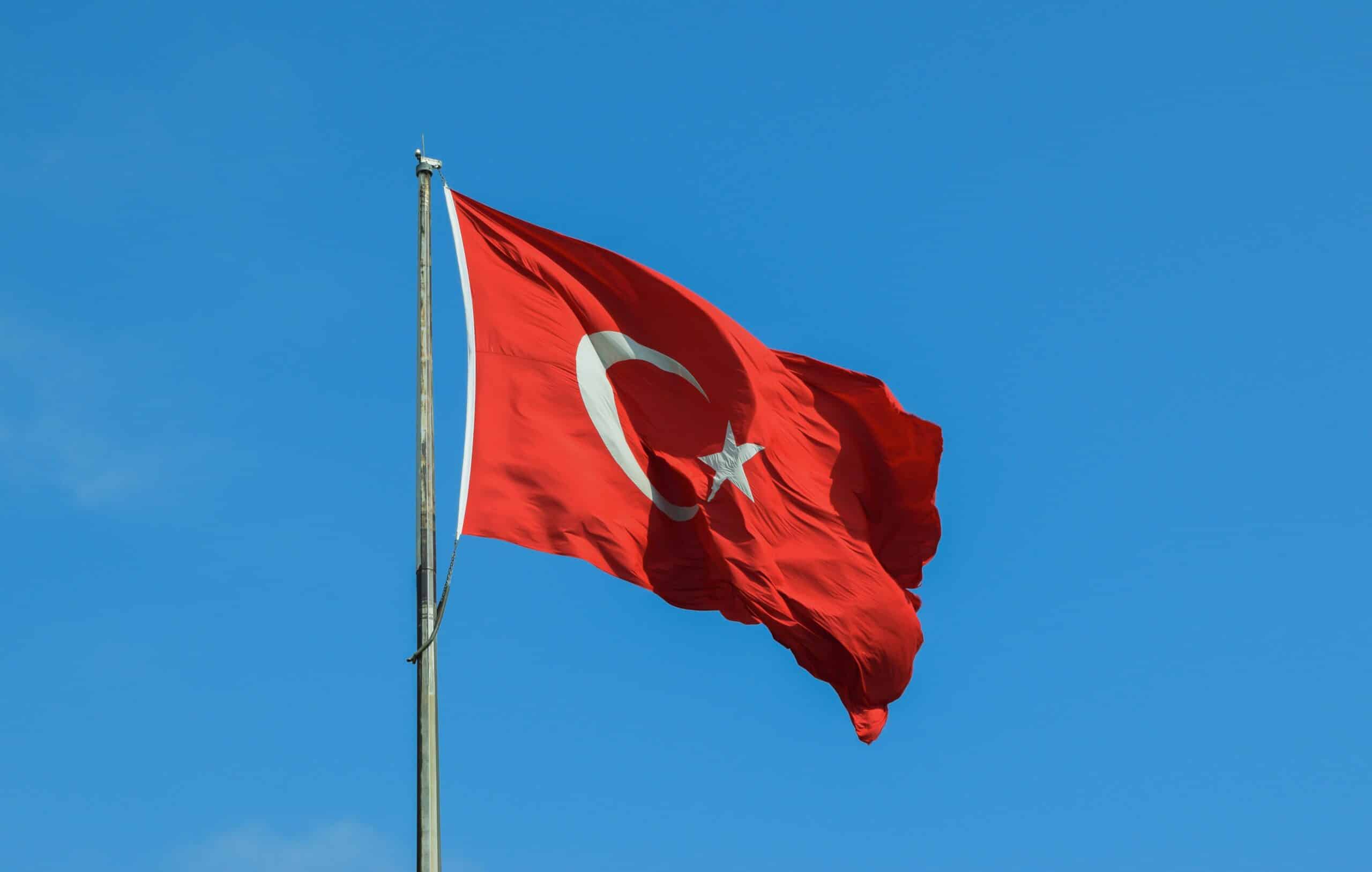As Turkey gears up for its highly anticipated 2023 general election, the stakes have never been higher for the nation’s political future. With a diverse array of parties vying for power and an electorate increasingly engaged in the political process, the outcome of the election is set to have a profound impact on Turkey’s governance and international standing. In this article, we will explore the key players, significant issues, and potential ramifications of Turkey’s 2023 election, offering insight into this pivotal moment in the nation’s political landscape.
The Major Contenders: Parties and Their Leaders
Turkey’s 2023 general election will see a host of political parties competing for the hearts and minds of the electorate. The ruling Justice and Development Party (AKP), led by incumbent President Recep Tayyip Erdoğan, is seeking to maintain its hold on power amidst growing opposition from rival parties.
The main opposition, the Republican People’s Party (CHP), led by Kemal Kılıçdaroğlu, is keen to offer an alternative vision for Turkey, with a focus on strengthening democratic institutions, promoting social justice, and fostering economic growth.
Other significant players include the Nationalist Movement Party (MHP), the pro-Kurdish Peoples’ Democratic Party (HDP), and the İYİ Party, each presenting their unique policy platforms and seeking to gain representation in Turkey’s Grand National Assembly.
The latest polls released in Turkey last weekend give the opposition’s presidential candidate Kemal Kilicdaroglu a slight edge over incumbent Recep Tayyip Erdoğan, as they held with only 11 days to go till elections.
Key Issues Shaping the Election
Turkey’s 2023 general election is expected to be shaped by a range of pressing issues, with the economy, democracy, and foreign policy taking centre stage.
Economic concerns, including high inflation, unemployment, and currency volatility, are top of mind for many voters. Parties will be keen to outline their strategies for stabilising the economy, boosting growth, and improving living standards for the Turkish people.
The state of democracy in Turkey has also been a point of contention in recent years, with critics citing concerns over press freedom, human rights, and the independence of the judiciary. The 2023 election will serve as a critical juncture for parties to address these concerns and chart a course for a more democratic and inclusive Turkey.
Lastly, Turkey’s foreign policy, particularly its relationship with the European Union, the United States, and its neighbours in the Middle East, will play a significant role in shaping the election’s outcome. Voters will be looking to the various parties for their stance on key international issues and how they plan to navigate Turkey’s position on the world stage.
The Impact of Turkey’s 2023 Election
The outcome of Turkey’s 2023 general election will have far-reaching implications for the nation’s political trajectory, with potential shifts in power dynamics, policy priorities, and the nation’s international standing.
Should the ruling AKP maintain its grip on power, we can expect a continuation of President Erdoğan’s policies, with a focus on asserting Turkey’s regional influence and maintaining a firm grip on the nation’s institutions.
Alternatively, a victory for the opposition could signal a shift towards a more inclusive and democratic Turkey, with renewed efforts to strengthen the economy and foster closer ties with international partners.
Turkey’s 2023 general election is set to be a defining moment in the nation’s political history, with the outcome having the potential to shape the country’s future for years to come. As the major parties and their leaders campaign tirelessly to win over the electorate, the world will be watching closely.
Image Credit: Tarik Haiga on Unsplash



















